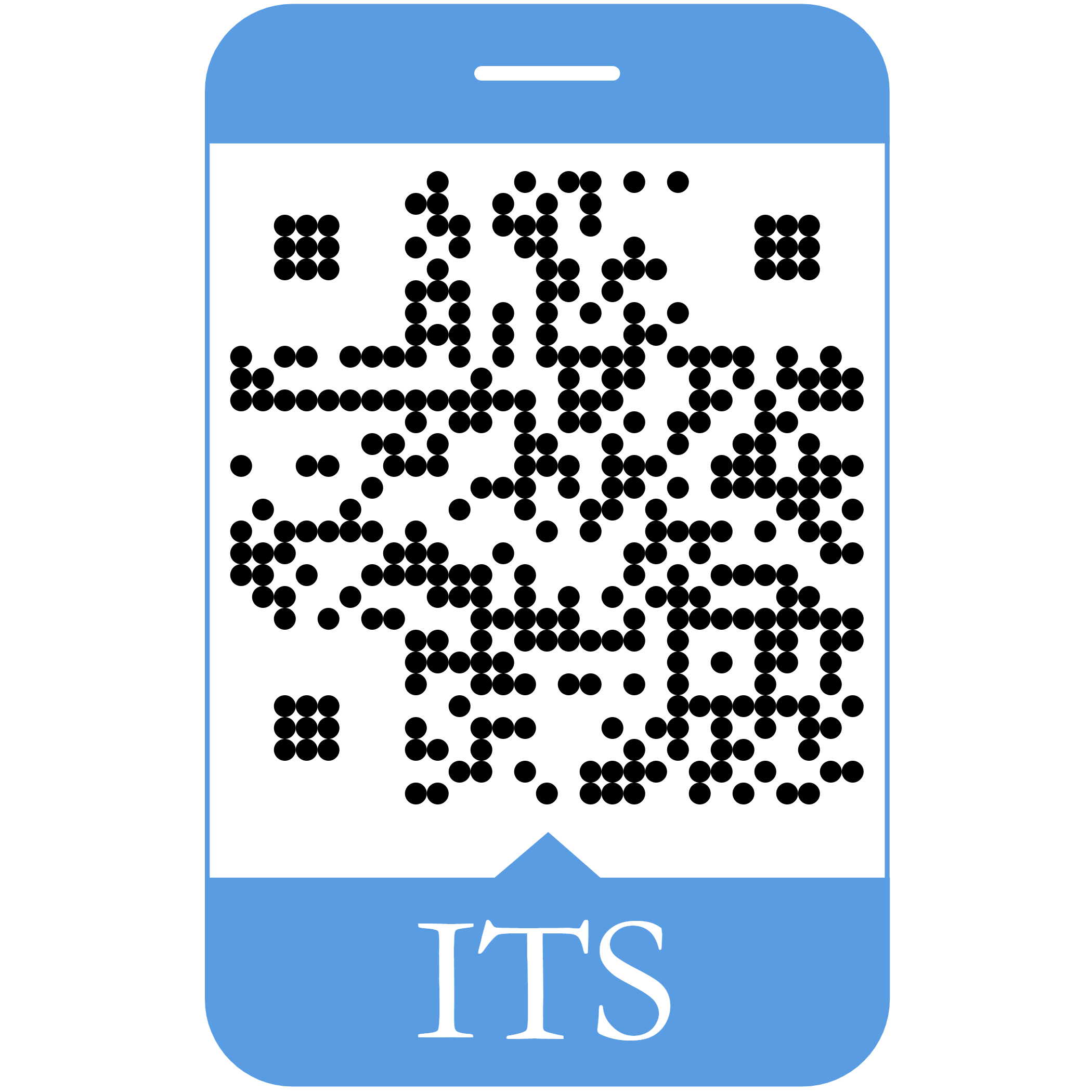User Experience Analysis on the KMOB Depok Application Using the System Usability Scale Method
DOI:
https://doi.org/10.58777/its.v2i1.298Keywords:
KMOB Application, System Usability Scale (SUS), User ExperienceAbstract
To improve services to the community, Depok City has developed technology by launching KMOB, this Android-based application has met the needs of the activities of the people of West Java, especially in the centralized city of Depok. The purpose of this study is to measure the level of user experience of the KMOB application and to produce recommendations for improvements to the KMOB application based on the results of the analysis using the system usability scale (SUS) method. The method used in this research is system usability scale (SUS), the data collection used is interviews, and the distribution of SUS questionnaires to 30 KMOB application users, which are sent via google form. The results showed that the KMOB application almost on the entire assessment scale had a good (positive) evaluation, namely on the attractiveness, perspicuity, efficiency, dependability, stimulation, and novelty assessment scale. KMOB application for Depok City was categorized as not meeting usability standards. Based on the usability evaluation, the SUS score is 44.5 with a not adjective rating including the "POOR" category and grade scale F, and is included in the marginal low category for acceptability ranges where the usability of the KMOB application for Depok City is still acceptable but with a low level of acceptance.
References
’Aisy, R., Mursityo, Y. T., & Wijoyo, S. H. (2024). Evaluasi Usability Aplikasi Mobile Sampingan Menggunakan Metode Usability Testing dan System Usability Scale (SUS). Jurnal Teknologi Informasi Dan Ilmu Komputer, 11(1), 19–26. https://doi.org/10.25126/jtiik.20241116613
Amalia, A. (2021). Jurnal Informatika Terpadu. Jurnal Informatika Terpadu, 7(1), 21–26.
Arifin, Moh. Samsul, dkk. (2023). Sistem Informasi Manajemen. PT Global Eksekutif Teknologi.
Azkya, Z. S., Ardiansah, I., & Pujianto, T. (2020). Analisis User Experience pada Warehouse Marketplace dengan Metode Heuristic Evaluation. Jurnal Teknik Informatika Dan Sistem Informasi, 6(1), 115–125. https://doi.org/10.28932/jutisi.v6i1.2378
Fajar, M., Ramdani, F., & Praharsa, D. (2021). Analisi Pengalaman Pengguna (User Experience) Aplikasi PRUforce menggunakan Metode Usability Testing dan User Experience Questionnaire (UEQ) (Studi Kasus pada PT Prudential Life Assurance). Jurnal Pengembangan Teknologi Informasi Dan Ilmu Komputer, 5(6), 2118–2124.
Hartawan, M. S. (2019). Analisa user interface untuk meningkatkan user experience menggunakan usability testing pada aplikasi android pemesanan test drive mobil. Jurnal ESIT (E-Bisnis, Sistem Informasi, Teknologi Informasi), 14(2), 46–52.
Hosea, W. G., Rahman, S., & Arianti. (2023). Analisis User Experience Pada Website Mind & Soul Menggunakan Metode System Usability Scale. KHARISMA Tech, 18(2), 148–157. https://doi.org/10.55645/kharismatech.v18i2.411
Indah Tri Handayani. (2024). 19-27+Indah+Tri+Handayani,+Hafidzah,+Uppit+Yuliani. Jurnal Juit, Vol 3(1), 19–27. https://doi.org/10.56127/juit.v3i1.1157.
Ivan Pratama Yunus, Hasniati, S. B. (2023). Analisis . Usability Terhadap User . Experience Pada Aplikasi. 01, 127–138.
Martoyo, W., U., & F. (2020). Kajian Evaluasi Usability dan Utility pada Situs Web. . . Seminar Nasional Sistem Informasi Indonesia, 537–543.
Putri, R. M. A., Parwita, W. G. S., Handika, I. P. S., Sudipa, I. G. I., & Santika, P. P. (2024). Evaluation of Accounting Information System Using Usability Testing Method and System Usability Scale. Sinkron, 9(1), 32–43. https://doi.org/10.33395/sinkron.v9i1.13129
Rafid Pratama, M., Umam, J., & Yakok, R. (2024). Usability Testing pada Aplikasi iJateng Menggunakan Metode System Usability Scale. Jurnal Sistem Informasi, Manajemen Dan Teknologi Informasi, 2(1), 15–23. https://doi.org/10.33020/jsimtek.v2i1.556
Rao, R. A., & Setyadi, R. (2023). Pengantar SPSS Versi 20. 3(6), 1263–1271. https://doi.org/10.30865/klik.v3i6.816
Sahara, N. R., Marthasari, G. I., & Wiyono, B. S. (2022). Evaluasi Usability Menggunakan Metode SUS (System Usability Scale) Serta Menentukan Korelasi Dengan Tingkat Kelulusan Mahasiswa (Studi Kasus : LMS Universitas Muhammadiyah Malang). Jurnal Repositor, 4(3), 203–216. https://doi.org/10.22219/repositor.v4i3.1421
Susila, A. A. N. H., & Arsa, D. M. S. (2022). Analisis System Usability Scale (SUS) Sebagai Evaluasi Perancangan Aplikasi E-Marketing Artshop Berbasis Web. Techno.Com, 21(2), 268–279. https://doi.org/10.33633/tc.v21i2.5949
Veron, J. S., Clara Hetty Primasari, Yohanes Priadi Wibisono, Thomas Adi Purnomo Sidhi, & Djoko Budiyanto Setyohadi. (2023). Analisis User Experience (UX) Aplikasi Virtual Reality Gamelan Bonang Barung Menggunakan User Experience Questionnaire (UEQ). KONSTELASI: Konvergensi Teknologi Dan Sistem Informasi, 3(1), 130–141. https://doi.org/10.24002/konstelasi.v3i1.6626












